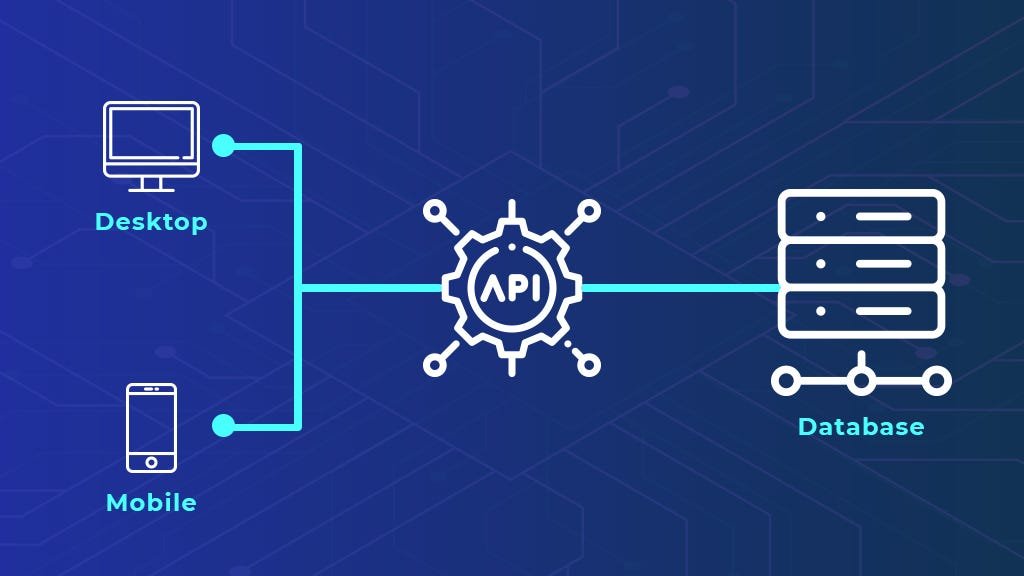Hybrid Mobile Apps and the Role of APIs: What to Know

In the realm of mobile application development, hybrid mobile apps are gaining immense popularity for their ability to function across multiple platforms. At Mountain Techno System, we understand that a key component to the success of these applications lies in the effective use of Application Programming Interfaces (APIs). This article delves into the significance of APIs in hybrid app development, highlighting their roles, benefits, and best practices.
Hybrid mobile apps offer a unique blend of web and native applications, allowing developers to create versatile solutions that work on various devices with a single codebase. However, to fully leverage the potential of hybrid apps, developers must understand the crucial role APIs play in their functionality. Here’s what you need to know about APIs in the context of hybrid mobile apps:
1. Understanding APIs
- Definition: APIs are sets of rules and protocols that allow different software applications to communicate with each other. They enable the integration of various services, databases, and functionalities within hybrid apps.
- Types of APIs: There are several types of APIs relevant to hybrid app development, including RESTful APIs, SOAP APIs, and GraphQL APIs, each with its own strengths and use cases.
2. Enhancing Functionality
- Data Access: APIs enable hybrid apps to access data from external sources, such as databases and cloud services, in real time. This capability allows for dynamic content updates and enhanced user experiences.
- Third-Party Integrations: Through APIs, developers can integrate third-party services like payment gateways, social media platforms, and analytics tools, enriching the app’s functionality without extensive coding.
3. Improving Performance
- Efficient Data Handling: APIs streamline data transfer between the app and servers, reducing the load on mobile devices and enhancing performance. This efficiency is vital for maintaining a smooth user experience.
- Load Balancing: APIs can distribute requests among multiple servers, ensuring optimal performance during high traffic and minimizing downtime.
4. Security Considerations
- Secure Data Exchange: Implementing secure API protocols, such as HTTPS, ensures that data exchanged between the app and servers remains protected from unauthorized access.
- Authentication: Utilizing API keys and tokens can help verify user identities and restrict access to sensitive data, adding an extra layer of security to hybrid apps.
5. Best Practices for API Integration
- Versioning: Maintain version control for APIs to ensure compatibility and smooth transitions when updates are made.
- Documentation: Provide comprehensive documentation for APIs to aid developers in understanding how to integrate and utilize them effectively.
- Error Handling: Implement robust error handling mechanisms to manage API failures gracefully and provide users with informative feedback.
APIs are the backbone of hybrid mobile app development, offering the connectivity and functionality necessary to create rich user experiences. At Mountain Techno System, we recognize that understanding and effectively utilizing APIs can significantly enhance your hybrid app’s performance, security, and overall success. By following best practices and leveraging the power of APIs, developers can unlock new possibilities for innovation and user engagement in their hybrid applications.














